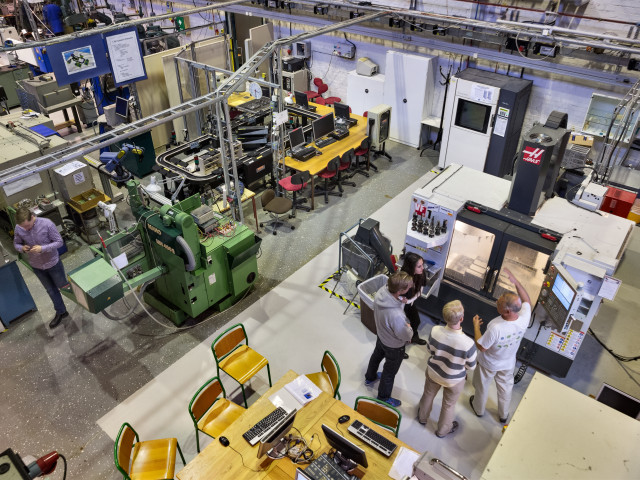- Legal requirements regarding physical work environment risks including practical examples.
- Physical health risks including practical examples.
- Risk assessment, different methods for risk assessment including overview of measurement strategies, measurement methods and interpretation of measurement data including practical examples.
- Measures to reduce physical risks including ventilation.
A project work is included in the course. The project work is carried out individually and is based on visiting a workplace. This is prepared by compiling questions after which the workplace information obtained is compiled into a report. The project and project report include the following points:
- Applicable regulations regarding physical risks in that workplace.
- Health and accident risks at the workplace.
- Risk assessment and suggestions for best measurements to carry out a reliable risk assessment
- Proposals for measures that would reduce exposure and reduce risks (even if the risks in the particular case in question would already be low)
